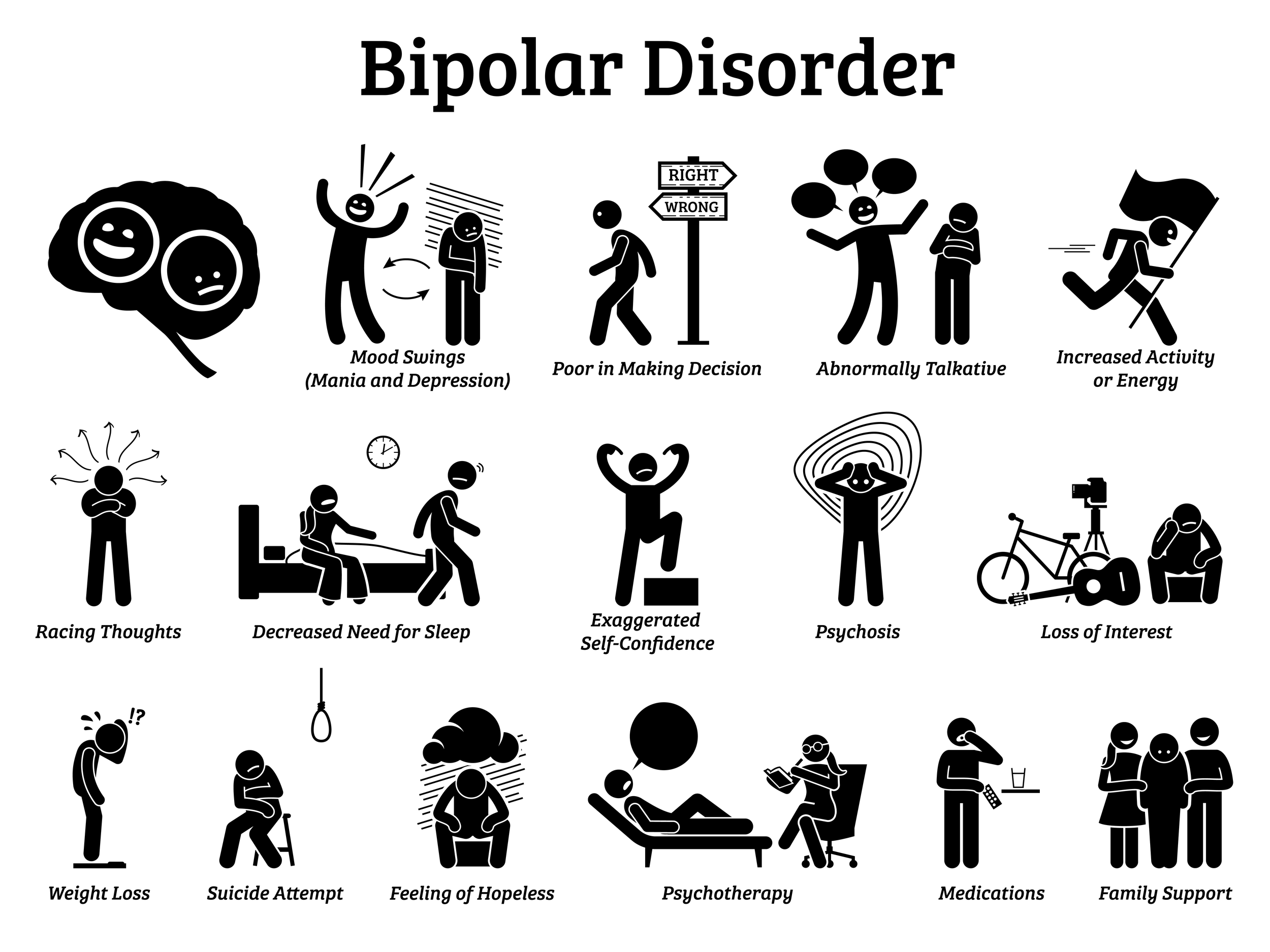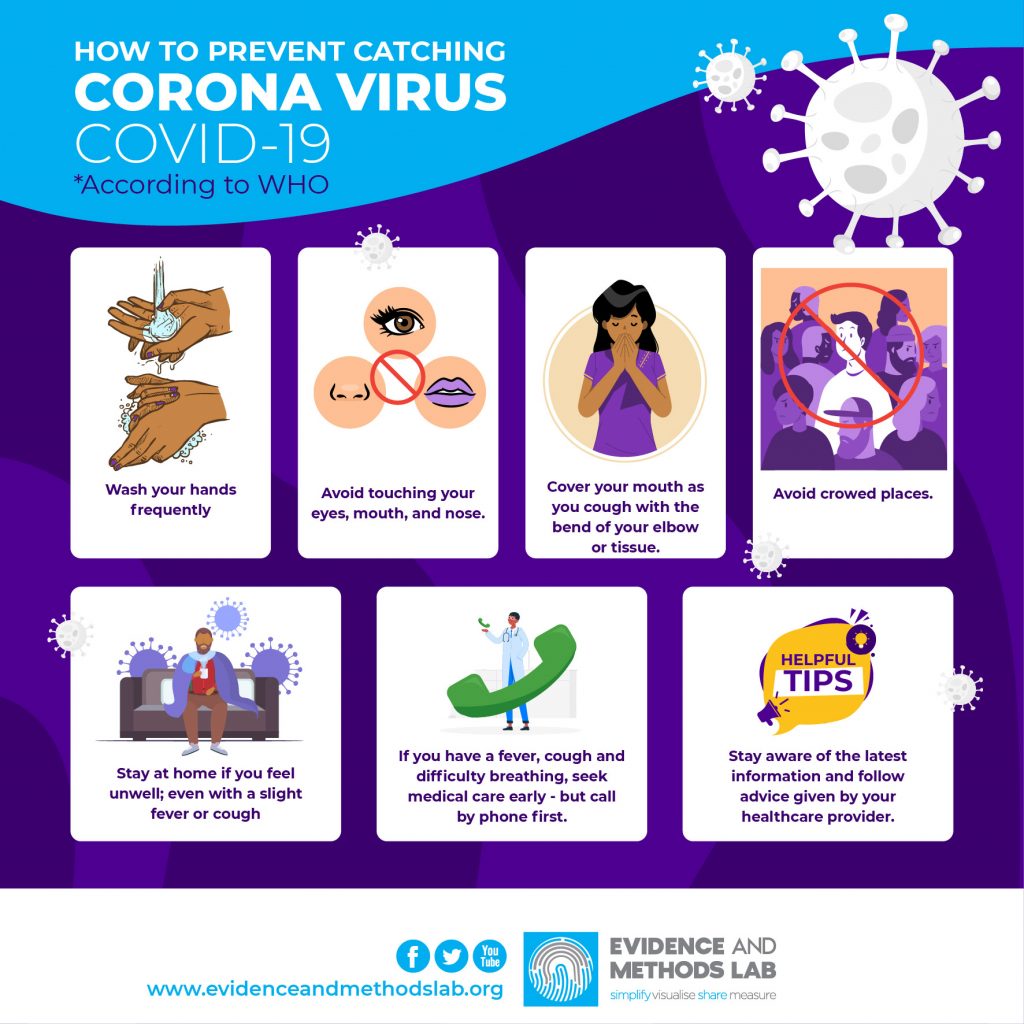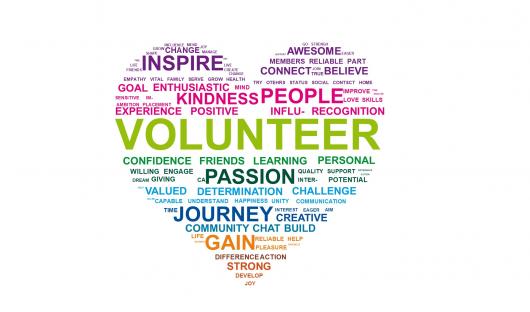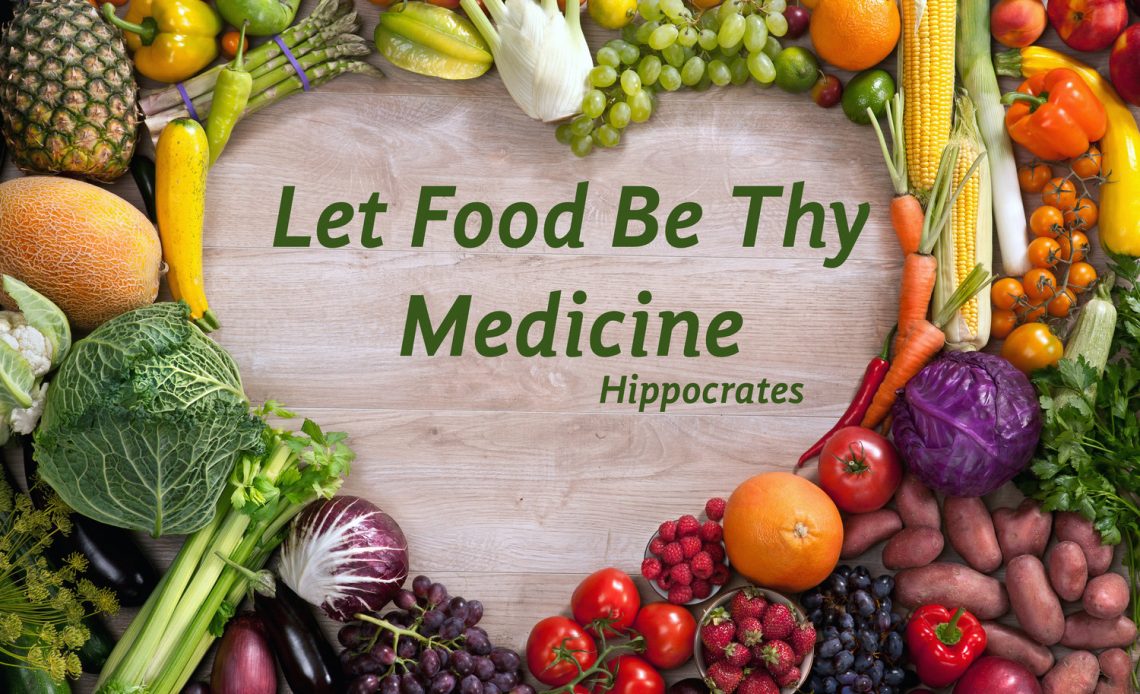
I am born in a culture where some disorders or say diseases are foreign, that is the African culture. A culture that teaches you to be tough regardless of your gender. You cannot begin to cry or whine about some things lest you become a weakling. So conditions like depression, baby blues are branded ‘white man’s’ diseases.
The first time I got to know about the Bipolar disorder, mark you! this is when I was already at university when we were studying about drug interactions in pharmacology. My entire existence was amazed or for lack of a better word shocked.
Bipolar disorder also known as manic depression, is a mental health condition that causes extreme mood swings that include emotional highs (mania) and lows (depression). When one becomes depressed, they feel sad or hopeless and lose interest or pleasure in most activities. When the mood shifts to mania (emotional highs), they feel euphoric, full of energy or unusually irritable. These mood swings can affect sleep, energy, activity, judgment, behavior and the ability to think clearly.

Episodes of mood swings may occur rarely or multiple times a year. While most people will experience some emotional symptoms between episodes, some may not experience any.
Although bipolar disorder is a lifelong condition, one can manage their mood swings and other symptoms by following a treatment plan as prescribed by their doctor. In most cases, bipolar disorder is treated with medications and psychological counseling (psychotherapy).
Symptoms
Manic episodes may include symptoms like high energy, reduced need for sleep and loss of touch with reality. Depressive episodes may include symptoms like low energy, low motivation and loss of interest in the daily activities. Mood episodes can last days to months at a time and may also be associated with suicidal thoughts.
In terms of experience, this is what we tend to see among such people;
Mood: mood swings, elevated mood, sadness, anger, anxiety, general discontent, apathy, apprehension, euphoria, guilt, hopelessness, loss of interest, or loss of interest or pleasure in activities.
Behavioral: irritability, risk-taking behaviors, disorganised behavior, aggression, agitation, crying, excess desire for sex, hyperactivity, impulsivity, restlessness, or self-harm.
Psychological: depression, manic episode, agitated depression, or paranoia
Cognitive: unwanted thoughts, delusion, lack of concentration, racing thoughts, slowness in activity, or false belief of superiority
Weight: weight gain or weight loss
Sleep: difficulty falling asleep or excess sleepiness
Also common: fatigue or pressure of speech
Treatment
Bipolar disorder is treated with three main classes of medication: mood stabilizers, antipsychotics, and antidepressants. In summary, treatment entails a combination of at least one mood-stabilizing drug and/or atypical antipsychotic, plus psychotherapy.
Bipolar diet
In addition to the medications given, it is important to manage mood episodes with healthy lifestyle habits. Did you also know that certain foods and dietary supplements can play a role in helping or hindering people with bipolar disorder?
Please note that there is no specific bipolar diet, nevertheless, it is important to make wise dietary choices that will help maintain good nutrition and facilitate a healthy living. Here are some of the foods you may want to avoid.
1. Caffeine
“Stimulants can trigger mania and should be avoided. Caffeine is an underappreciated trigger and can also impair sleep and sleep deprivation is a notorious trigger for mood swings and mania.
2. Alcohol
Alcohol and bipolar disorder make such a bad combination. Alcohol can negatively affect bipolar mood swings and may also interact negatively with medication such as lithium which is a common medication given to persons with the bipolar disorder.
3. Sugar
Eating a diet that is high sugar can make it harder to control weight and obesity and make some medications that are given less effective.
Some healthier options one can adopt
- Instead of potato chips or fries, munch on fresh vegetables in a savory dip.
- Swap that sweet pastry for a slice of whole-grain bread.
- Instead of a fourth or fifth cup of coffee, make yourself a cup of herbal tea.
- Craving for a fast-food burger and fries? Try a fresh salad instead.
- Swap a fried main course for steamed entrée.

Pass this information to someone who may need it and be a promoter of healthier living through informed choice of living.














